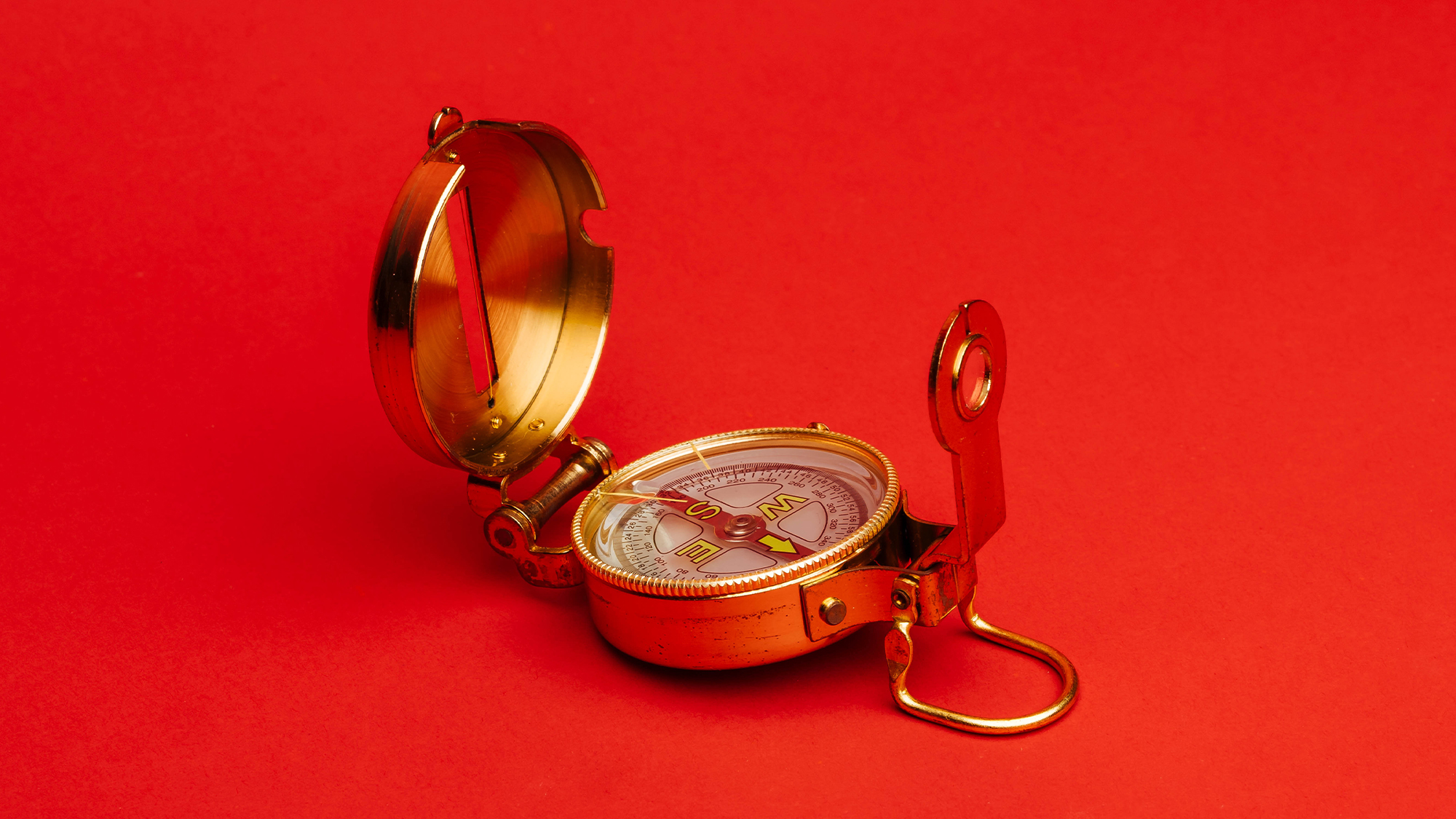Expat Explorer
Planning your next move? Get invaluable insights and information on living abroad.

Learn more about life, work and money in more than 20 different destinations, including Hong Kong, the US and the UK.

Banking and beyond
Select your country or region to get started.





Learn more about expat life
Find out more about moving or managing your money abroad.

Read our 10-step guide to moving abroad to make sure you've got everything covered.


Discover how offshore bank accounts can help you manage your international finances.

If you've got an international lifestyle, a non-resident bank account could make it easier to manage your money.
Start planning today
Use our calculators and comparison tools to get a clearer picture of your finances.

See what you need to invest to reach your goals and how different risk levels could affect your returns.

Find out how much you might need to invest to cover the cost of your child's education.


Use our comparison tool to check rates for savings and current accounts in the currency of your choice.
Explore more


Our advice and resources will help you navigate the complexities of international tax.

Effective wealth management means finding the ideal investment solutions for you. Our financial planning service offers investment support to help you on your way.

Looking to build better financial future abroad? Discover our plan to help you get there.
